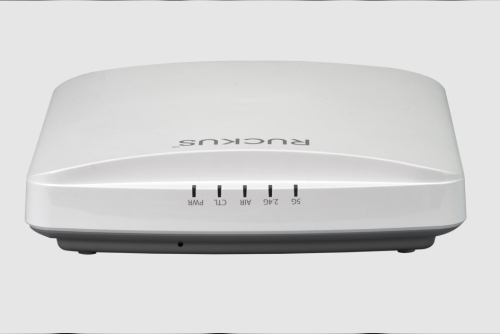Introduction
Cable Entry Systems & Accessories, In the realm of electrical engineering and industrial applications, cable entry systems play a crucial role in ensuring safe, reliable, and efficient cable management. These systems provide a structured and organized way to route and secure cables, preventing hazards and improving overall system performance. This blog post will delve into the key components, benefits, and considerations when selecting cable entry systems.
Key Components of Cable Entry Systems
Cable Glands: These are the primary components that secure cables to the entry system. They are available in various materials, sizes, and styles to accommodate different cable types and requirements. Frames and Housings: These provide a structural base for the cable entry system and protect the cables from external influences. They can be made from metal, plastic, or other materials depending on the application. Seals and Gaskets: These components ensure a tight seal around the cables, preventing the ingress of dust, moisture, and other contaminants. Seals can be made from rubber, silicone, or other materials. Accessories: Additional components such as strain relief devices, cable markers, and junction boxes can enhance the functionality and safety of cable entry systems.Benefits of Using Cable Entry Systems
Improved Safety: Cable entry systems help prevent accidents by reducing the risk of cable chafing, short circuits, and electrical shocks. Enhanced Reliability: By providing a structured and organized way to manage cables, these systems improve the overall reliability and performance of electrical installations. Reduced Maintenance: Cable entry systems can simplify maintenance tasks by providing easy access to cables and reducing the need for time-consuming troubleshooting. Improved Aesthetics: Well-designed cable entry systems can enhance the overall appearance of electrical installations, especially in exposed areas.Factors to Consider When Choosing a Cable Entry System
Cable Type and Size: The chosen system must be compatible with the types and sizes of cables being used. Ingress Protection (IP) Rating: The IP rating indicates the system's resistance to ingress of solids and liquids. Select a rating that meets the environmental requirements of your application. Flameproof or Explosion-Proof Requirements: If your installation is located in a hazardous area, you'll need to choose a system that complies with relevant safety standards. Installation Method: Consider the ease of installation and whether you require specific features like quick-release mechanisms or strain relief devices. Certification and Standards: Verify that the cable entry system complies with relevant industry standards and certifications.Conclusion
Cable entry systems are essential components in modern electrical installations, providing numerous benefits in terms of safety, reliability, and efficiency. By understanding the key components, benefits, and factors to consider, you can select the most suitable system for your specific needs and ensure the integrity of your electrical infrastructure.












